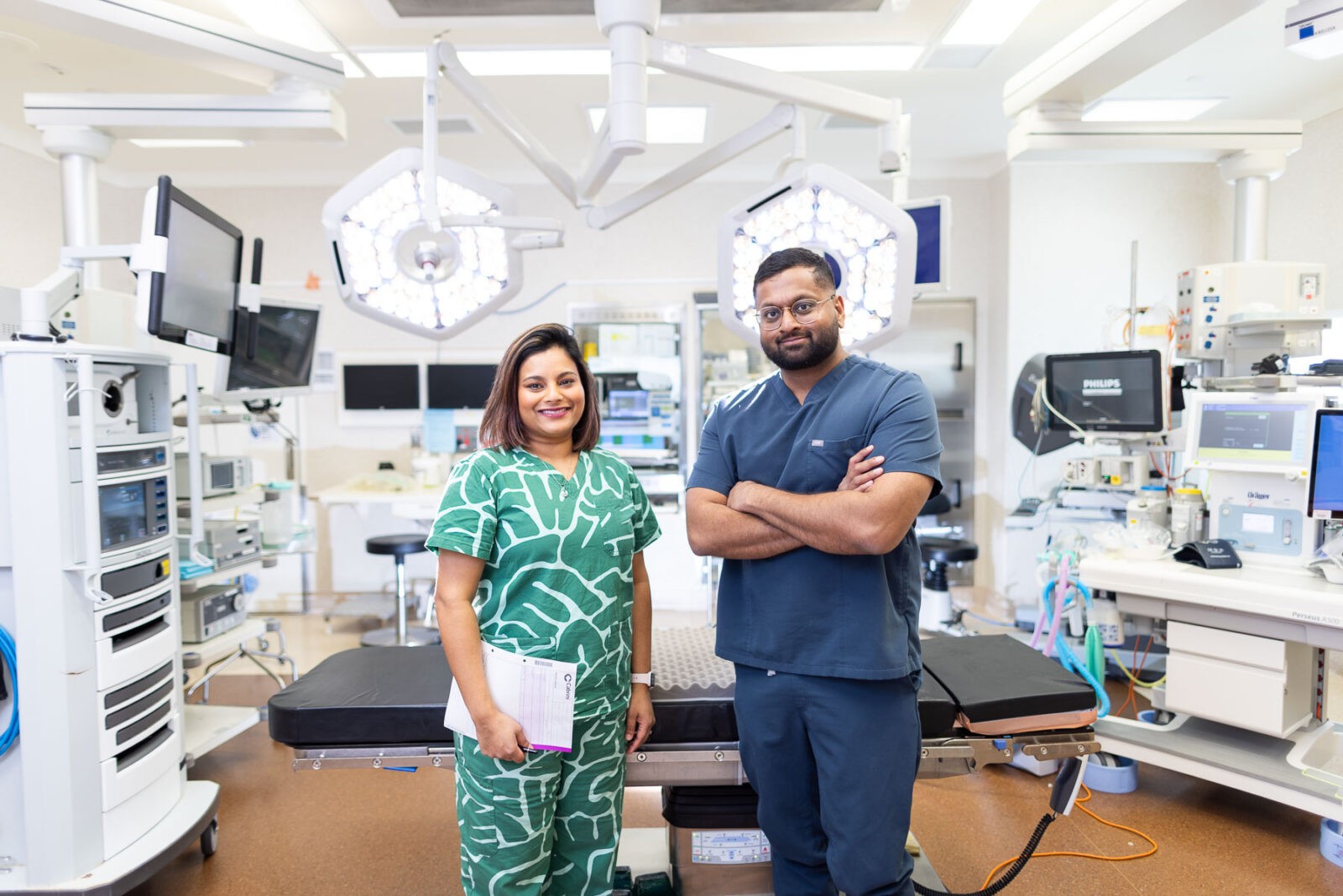Infertility can be attributed to factors in either partner or a combination of both.
Understanding the underlying causes, recognising the symptoms, and exploring the available treatment options are crucial steps for couples facing infertility.
The follow conditions can impact a female’s fertility:
The follow conditions can impact a male’s fertility:
Infertility is a deeply personal and often anxiety-provoking experience, impacting individuals and couples both physically and emotionally. In Australia, fertility specialists and gynaecologists provide tailored, evidence-based care to guide patients through this challenging journey with compassion and expertise.
The National Women’s Health Strategy 2020–2030 highlights the importance of raising awareness about infertility, promoting early intervention, and ensuring equitable access to high-quality fertility services. Australia’s Assisted Reproductive Technology (ART) guidelines, overseen by the Reproductive Technology Accreditation Committee (RTAC), ensure that fertility treatments are delivered safely, ethically, and effectively. Medicare rebates for certain fertility treatments also help reduce financial barriers for many.
MIGYNAE is committed to supporting individuals and couples during this challenging time, combining expertise in advanced reproductive care with a compassionate approach to ease the stress and uncertainty of the fertility journey.









We are a general gynaecology and infertility treatment clinic based in Melbourne, dedicated to the latest minimally invasive gynaecological diagnostic and surgical techniques. We are leaders in laparoscopic and cutting-edge robotic surgery.
If you have a question about a condition or treatment, or would like to book an appointment, please get in touch.